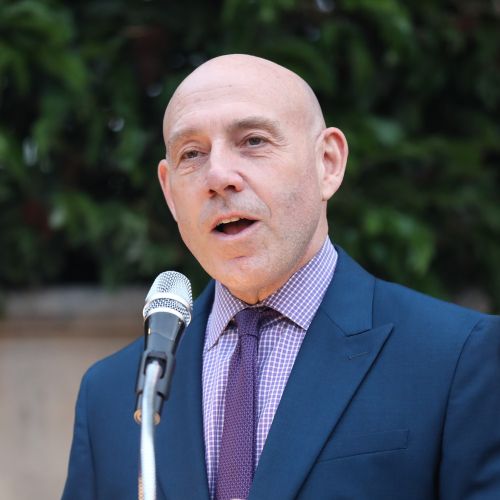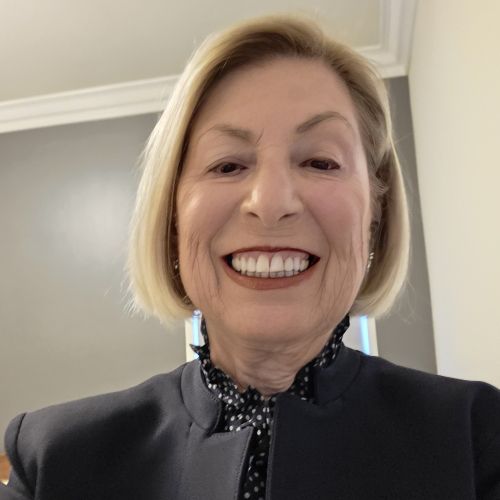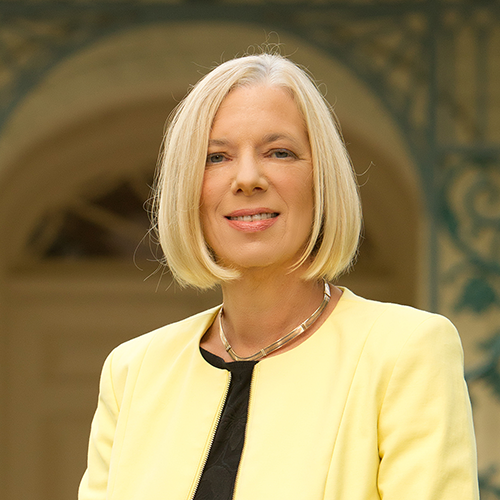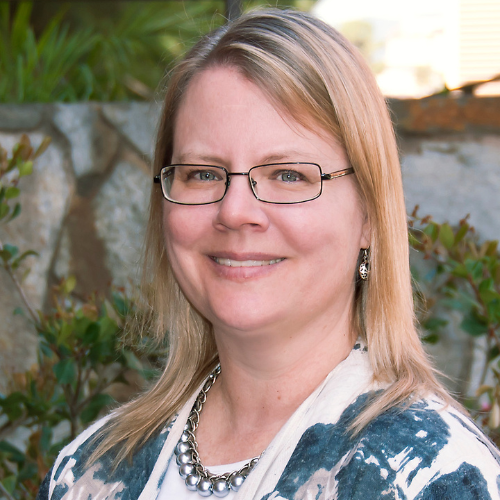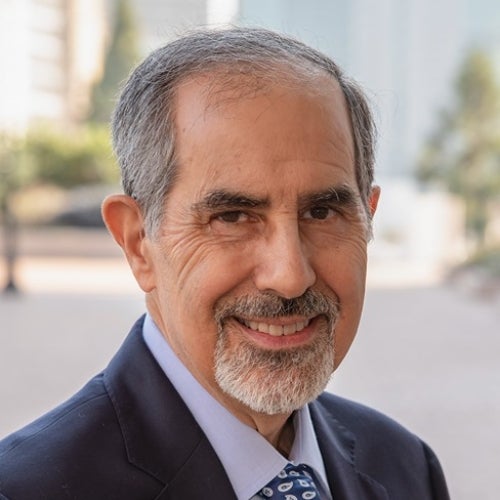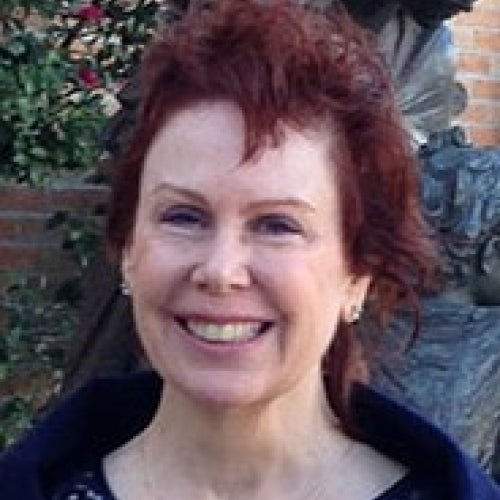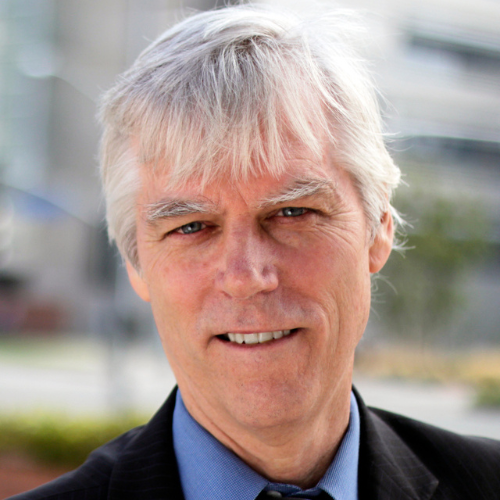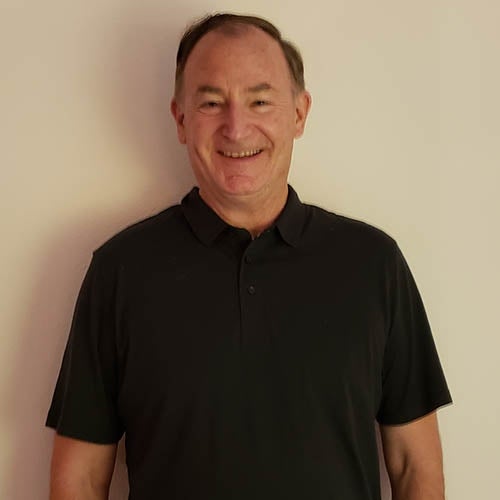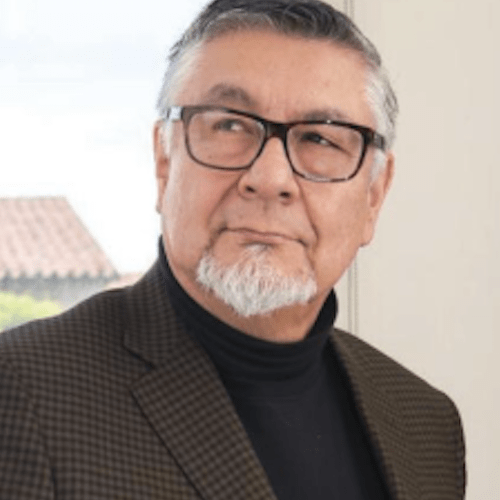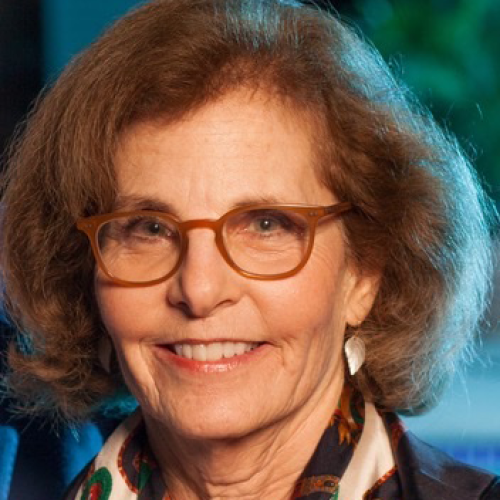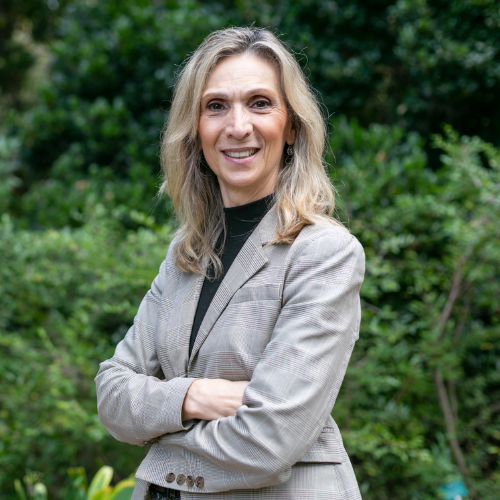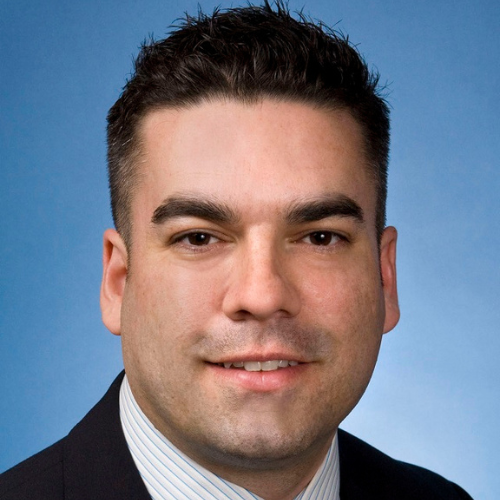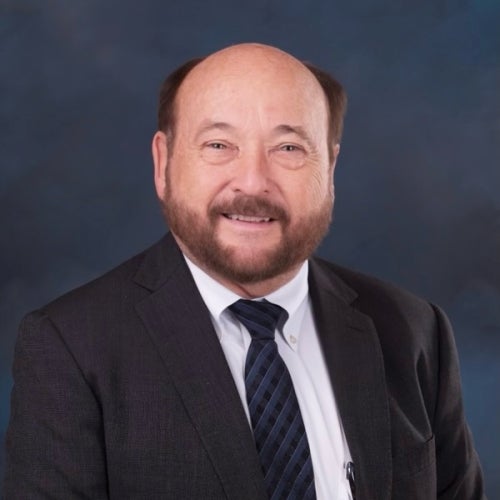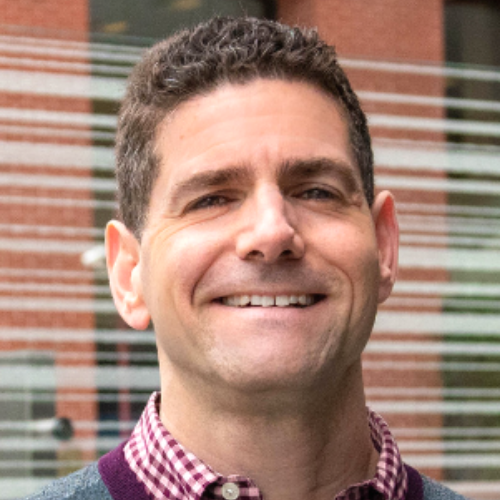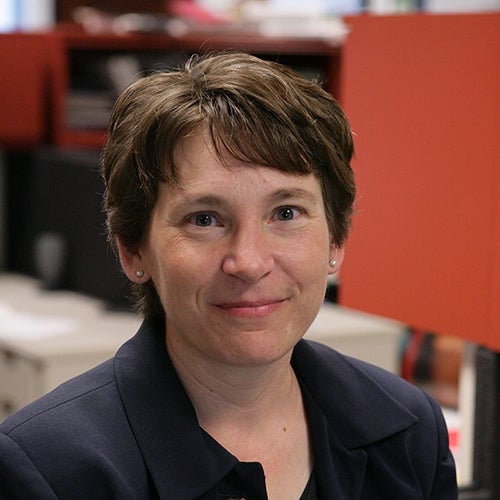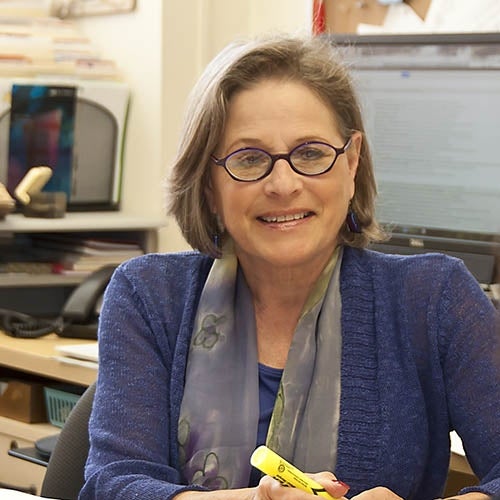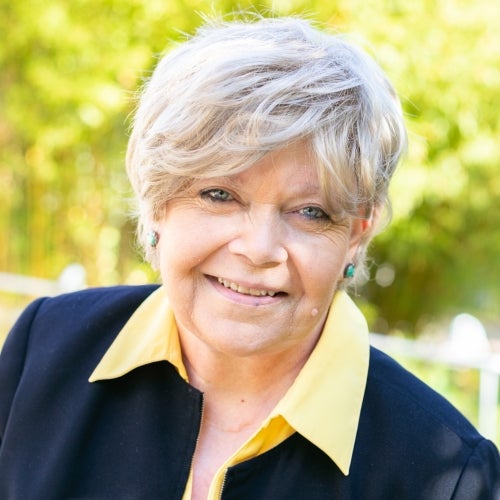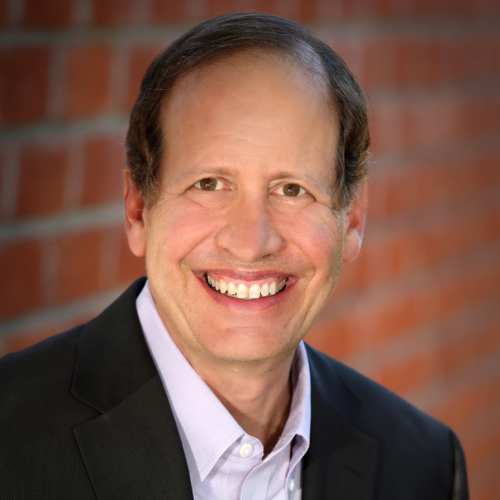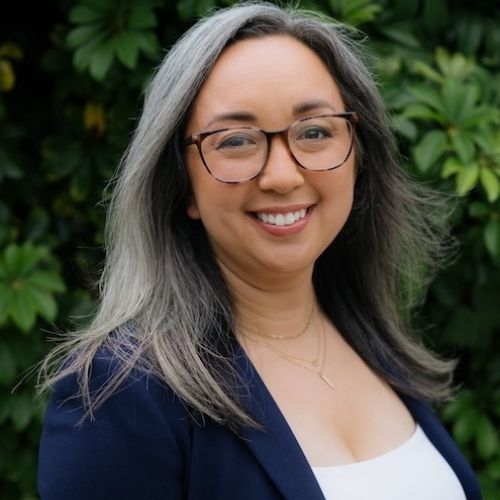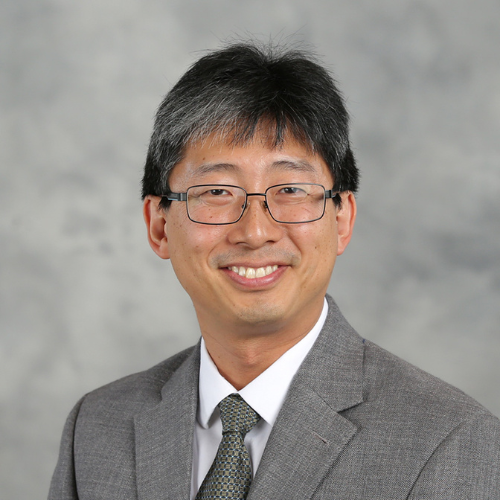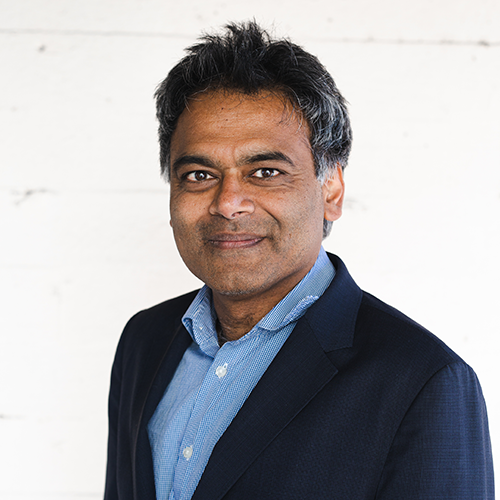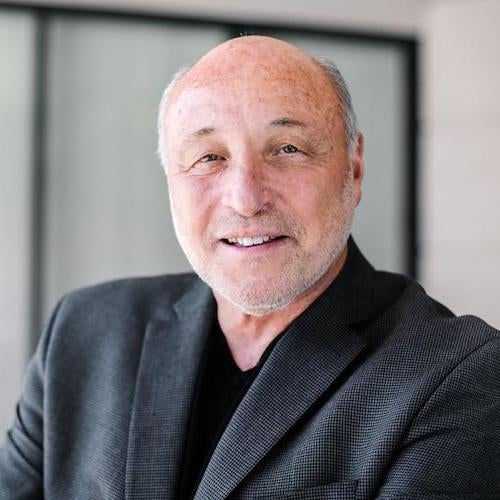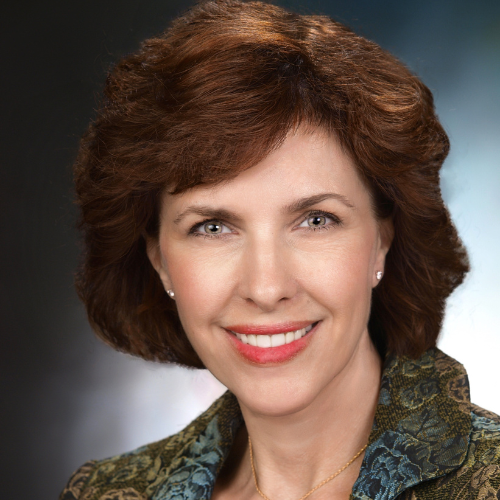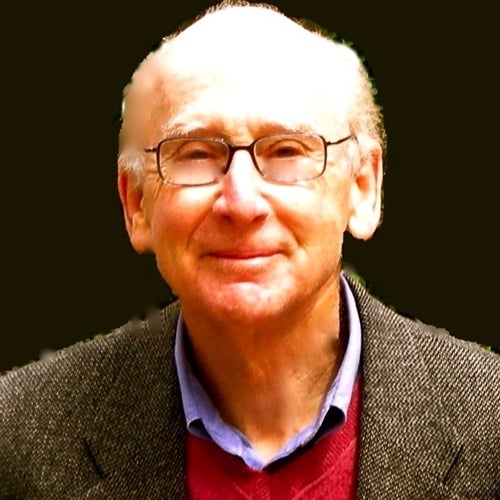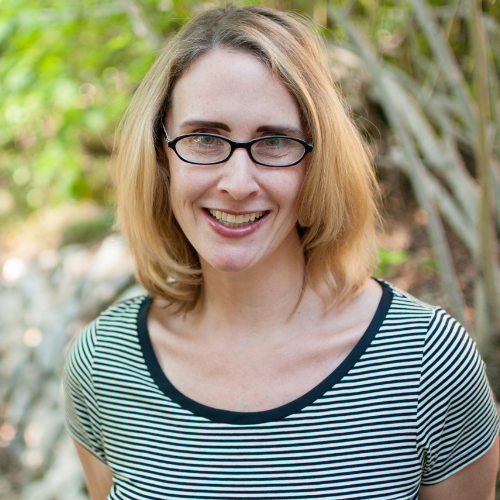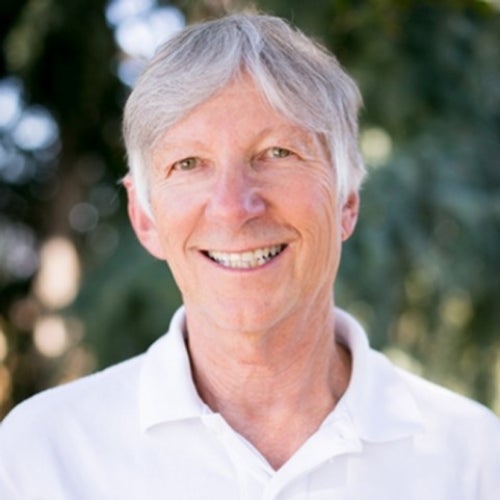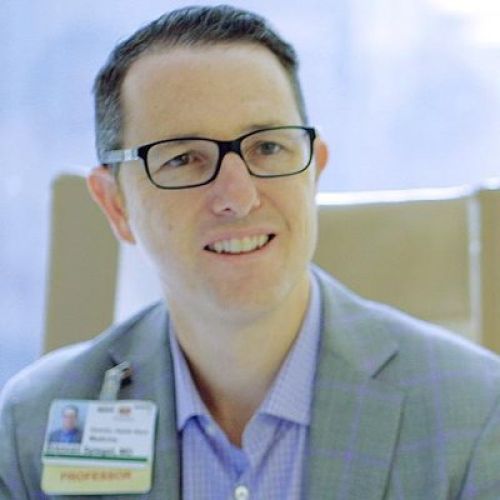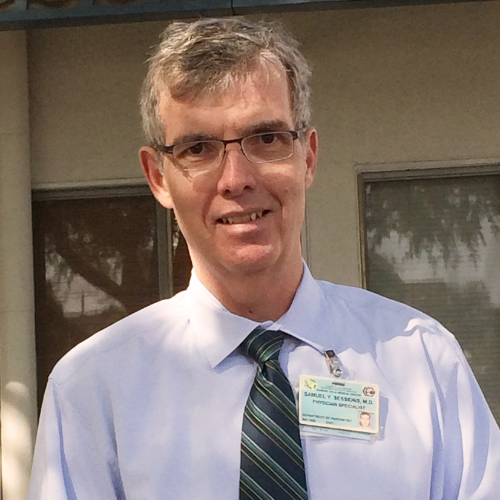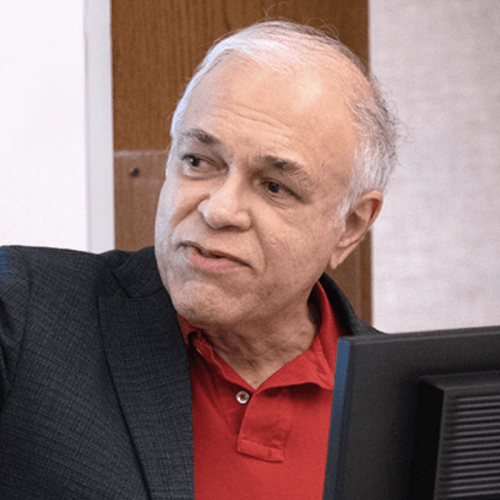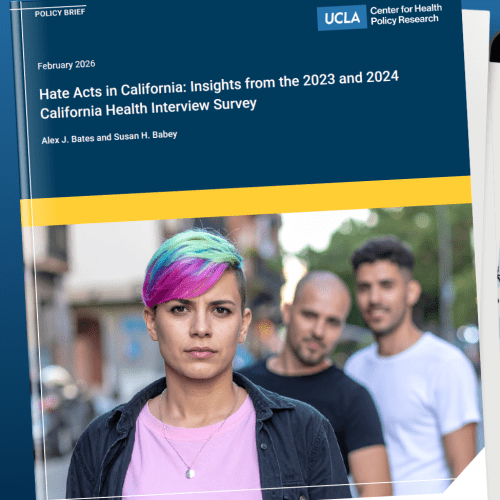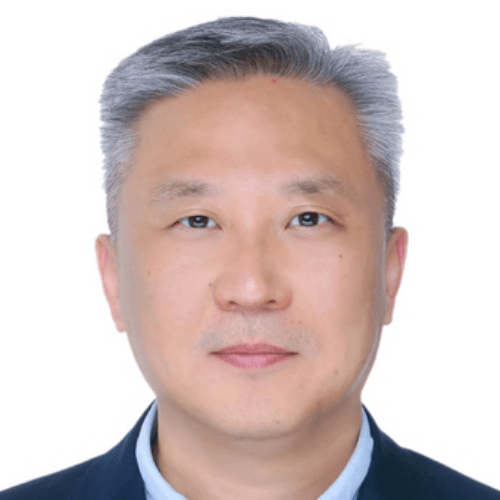Human Touch: A new humanities curriculum in the UCLA School of Medicine
Dr. Mark Litwin, UCLA FSPH professor of health policy and management, addresses thinking behind educating medical students in the humanities.
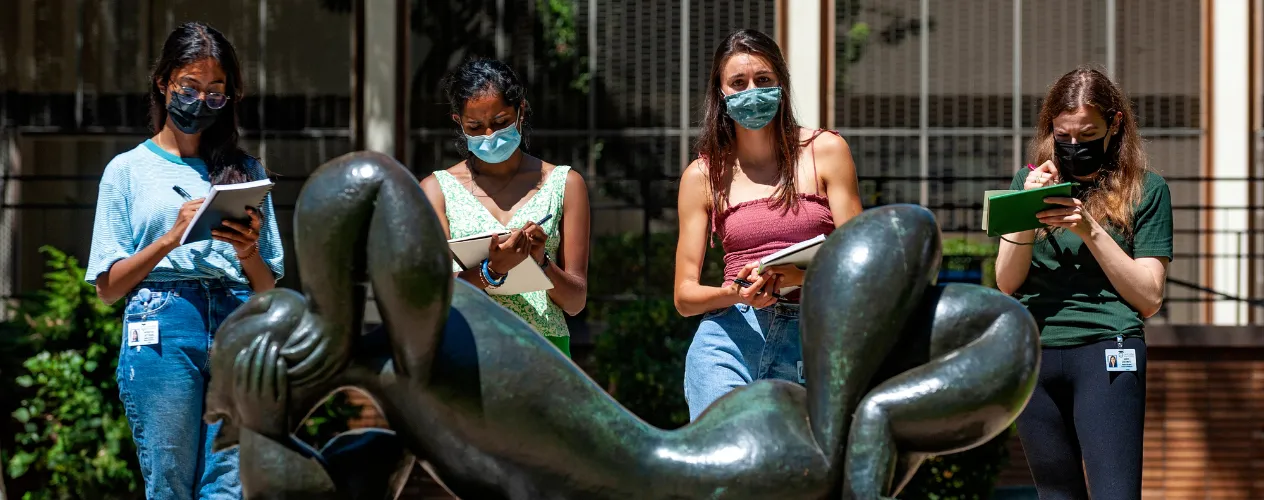
The David Geffen School of Medicine at UCLA launches a new humanities curriculum to foster critical thinking and insight into the human condition while educating future physicians to care for themselves as well as their patients.
“Earth to Rich. Earth to Rich,” my medical school pal whispered to her lab partner. Although the room reeked of formalin and our classmates had already gathered into noisy groups of four, the dreamy-eyed boy was lost in another time and place. “Where are you?” Sandy asked, her concern growing. “We need to start. Today, we’re dissecting the face.” “In my head — I was playing in a symphony,” Rich sighed, as if waking from a dream. “It was beautiful.” Then, as his bliss ebbed, he turned his gaze to the embalmed cadaver in a cold, metal box, its remnants worn and ragged after months of educating students about the intricacies of the human body. “Okay, now I’m ready,” Rich said. “Where’s the nose?”
This story from my past — truthful, funny, perhaps a bit sad — will likely resonate with many doctors who studied medicine in the 1970s. To my friend, Sandy, a recently retired pediatrician, it is as vivid today as it was when she first witnessed Rich’s brief escape from yet another grueling stint in gross-anatomy lab. Nor has Rich, a gifted trumpet player who before starting medical school had already vied for a spot with the St. Louis Symphony Orchestra, forgotten his painful choice of medicine over music. Not long ago, I, too, recalled Rich’s plight after speaking with David C. Schaberg, PhD, a scholar of Asian languages and cultures and dean of humanities at UCLA. “I think of physicians — or many of them — as high achievers who proved their abilities in other ways before they became physicians, for example, by brilliantly playing a musical instrument or through other humanistic achievements,” he says. “Among other things, achievements in the arts and the humanities are ways we prove ourselves as young people."
by Dr. Claire Panosian Dunavan
Faculty Referenced by this Article

Professor of Community Health Sciences & Health Policy and Management, and Associate Dean for Research

EMPH Academic Program Director with expertise in healthcare marketing, finance, and reproductive health policy, teaching in the EMPH, MPH, MHA program

Dr. Michelle S. Keller is a health services researcher whose research focuses on the use and prescribing of high-risk medications.
Nationally recognized health services researcher and sociomedical scientist with 25+ years' experience in effectiveness and implementation research.

Dr. Ron Andersen is the Wasserman Professor Emeritus in the UCLA Departments of Health Policy and Management.
